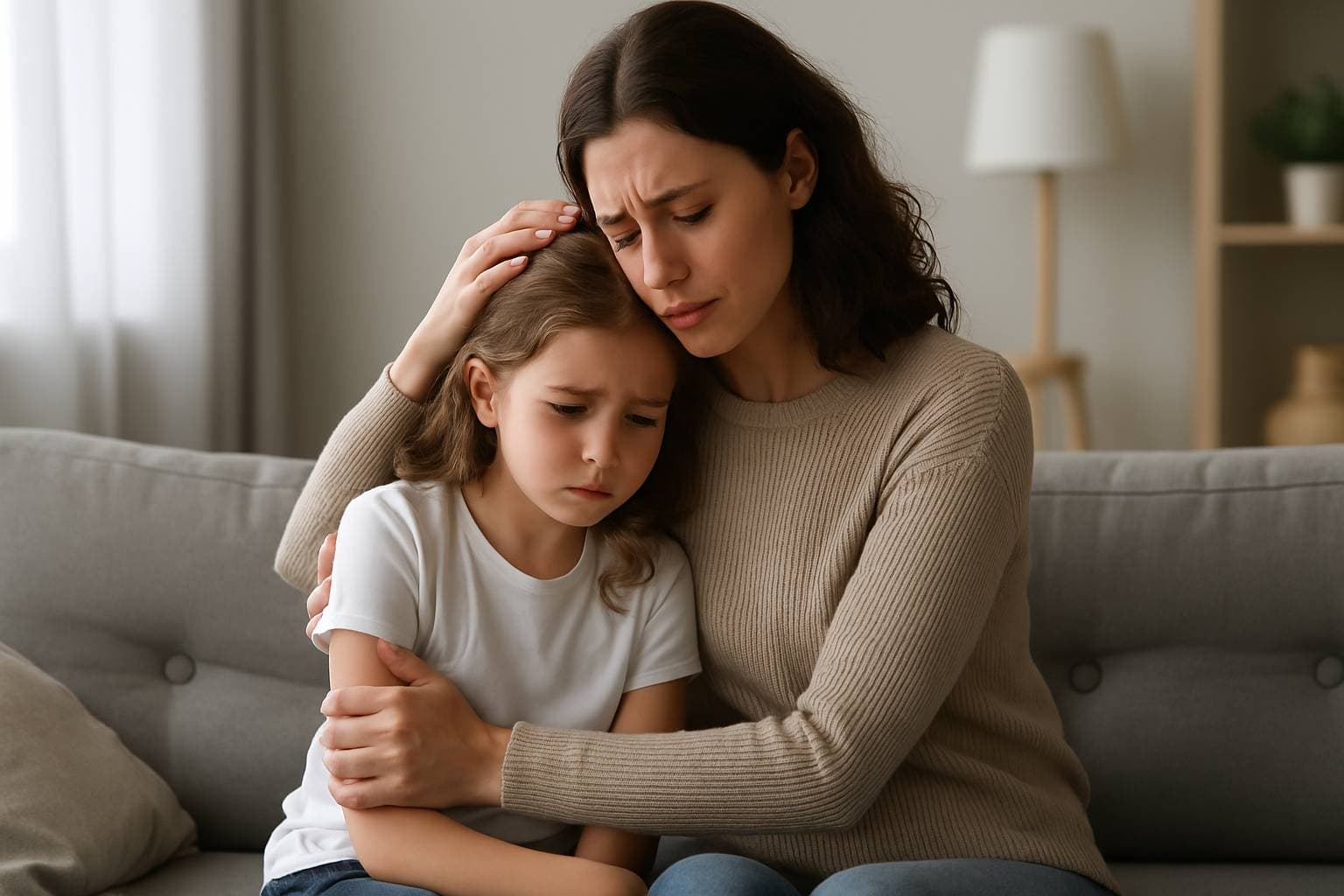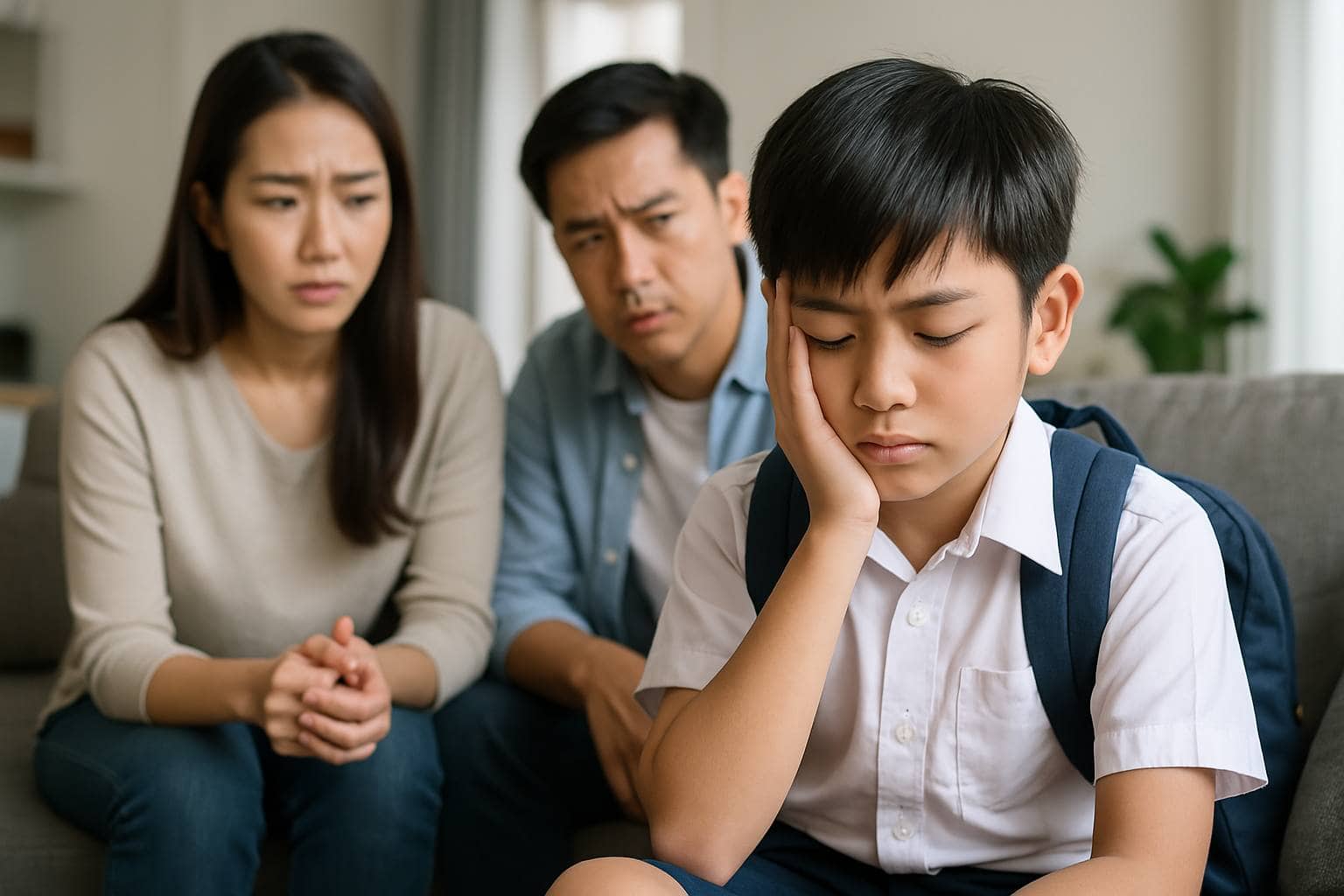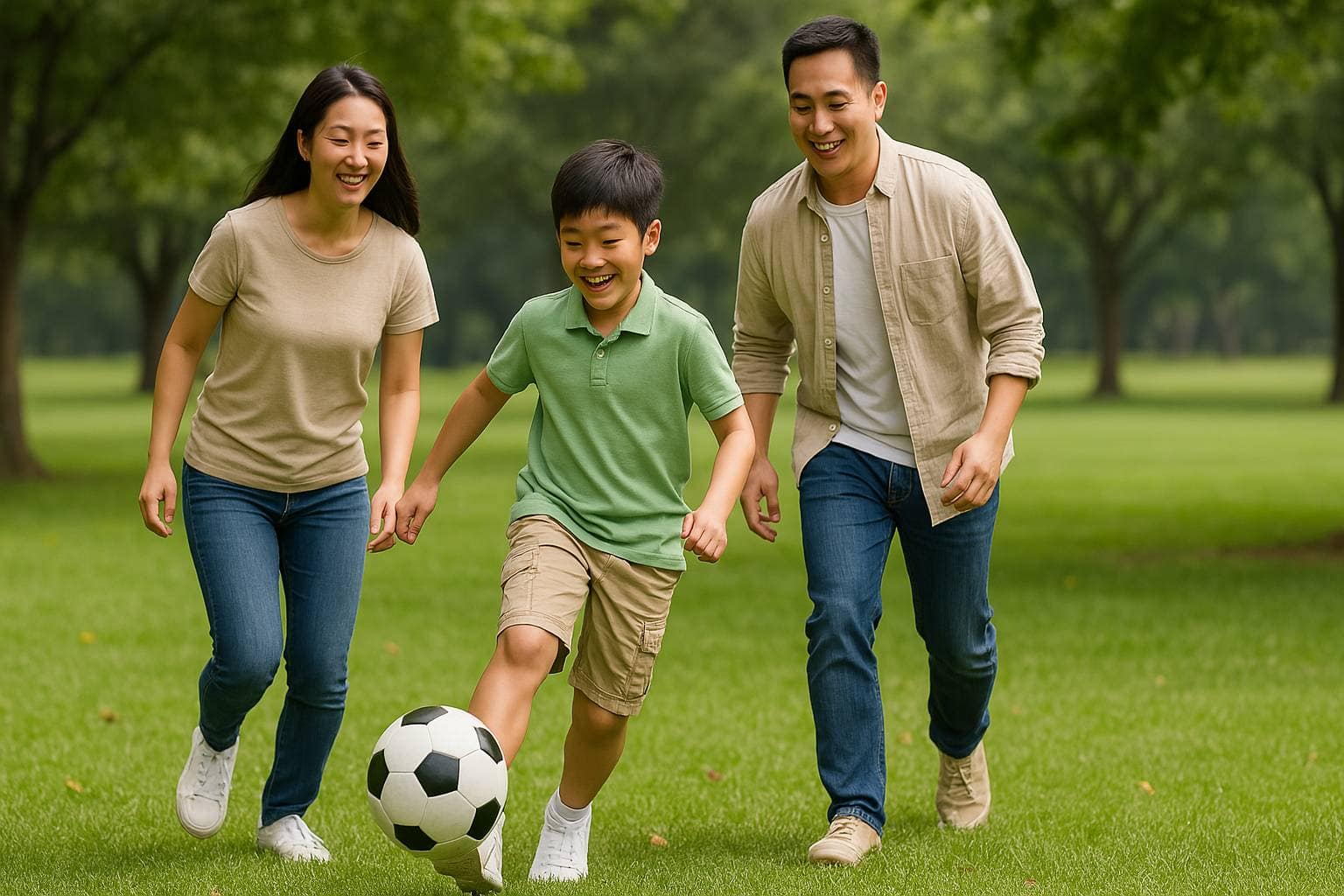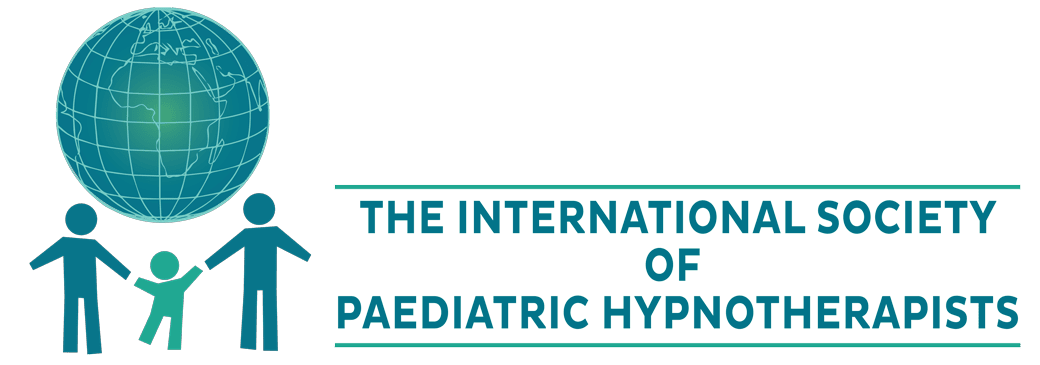Anxiety in children is more common than many parents realise. It can affect everything from friendships and school to sleep and self-confidence. Some children worry constantly, others avoid things that feel scary, and many simply struggle to explain what is wrong. As a parent, it is not always easy to know how to help, but with the right support, children can learn to feel calm, safe, and in control again.
Understanding Anxiety in Children
Anxiety in children can take many forms. Some children are tearful at school drop-off, others worry about illness, storms, or making mistakes. Some lie awake at night with racing thoughts, while others ask constant questions or seem tense and irritable. Often, children cannot explain what is wrong, but they show us through changes in behaviour, mood, or even physical symptoms like headaches or stomach aches.
Paul White, founder of TISPH and a pioneer in paediatric hypnotherapy, often reminds us that anxiety in children, is not a misbehaving child or bad parenting, it is the subconscious mind trying to keep the child safe.
“Children do not have the emotional language to explain what they are feeling. Their behaviour is their communication, and it is our job to listen.”

Without the right tools, anxious thoughts can grow and take hold. Over time, a child’s anxiety can begin to affect school, relationships, sleep, and confidence. These patterns often become automatic, but with the right support, they can be gently changed.
How Hypnotherapy Can Help
Hypnotherapy works by engaging the child’s imagination, the same place where worries often live. Through stories, play, and child-friendly language, a trained therapist helps the child feel safe, calm, and capable. In this relaxed and focused state, children can explore fears and create new responses to situations that used to feel overwhelming.
Paul often explains, “Children do not need lectures, they need stories. When a story speaks to their experience, their subconscious listens, and that is where change happens.”
Unlike traditional talking therapies, hypnotherapy does not rely on the child explaining everything. It works with their natural way of processing the world, through creativity, metaphor, and play.
Just One Story of Success

One boy came to therapy with intense school anxiety. He had not attended full-time in over a year. Even the word “school” led to tears and tummy aches. His parents were exhausted and unsure what to do next.
Through gentle visualisation and imaginative exercises, the therapist helped the child build an inner sense of safety. Within a few sessions, he could talk about school without panic.
After five weeks, he managed a full morning. Within two months, he was back in class with new tools to help him cope.
These outcomes are not about distraction or avoidance. They are about real, lasting changes in how a child experiences the world.
What to Expect from Hypnotherapy
The sessions for anxiety in children are warm, relaxed, and centred around the child’s needs. A TISPH-trained therapist will use age-appropriate approaches, which may include drawing, storytelling, metaphor-based play, or calming techniques.
- Many children begin to feel more settled and resilient within a few sessions
- Parents are included in the process and often gain new ways to support their child at home
Children often enjoy the sessions, even when working on difficult feelings. The work is subtle, but the effects can be profound.
Why Choose a TISPH-Qualified Therapist?
Not every hypnotherapist is trained to work with children. TISPH-qualified practitioners complete in-depth training in child development, safeguarding, and the techniques needed to support young people safely and effectively. They understand how anxiety in children works and how to respond with care, confidence, and creativity.
You can find a TISPH-trained practitioner near you using our Find a Hypnotherapist page.
Common Questions
Will my child know they are being hypnotised?
Probably not. Most children experience hypnotherapy as something relaxing or creative. It does not involve being asleep or out of control. It feels more like daydreaming or listening to a really good story.
How many sessions will my child need?
Children live in their imagination every day. It is how they play, learn, and explore the world around them. Because of this, they are often much more open to change than adults. Hypnotherapy for anxiety in children makes use of this natural strength, helping children take on new behaviours and ways of thinking with ease. In fact, children usually need only half the number of sessions that an adult would for the same issue. Their minds are flexible, curious, and ready to grow.

Every child is different. Some children begin to see change after just two or three sessions, while others benefit from more support over time. Your therapist will give you a clearer idea after the first meeting.
